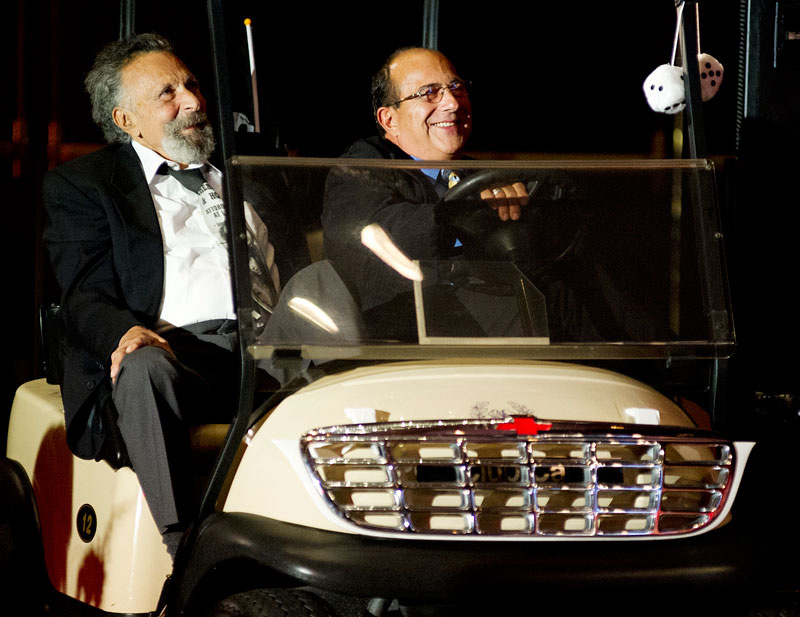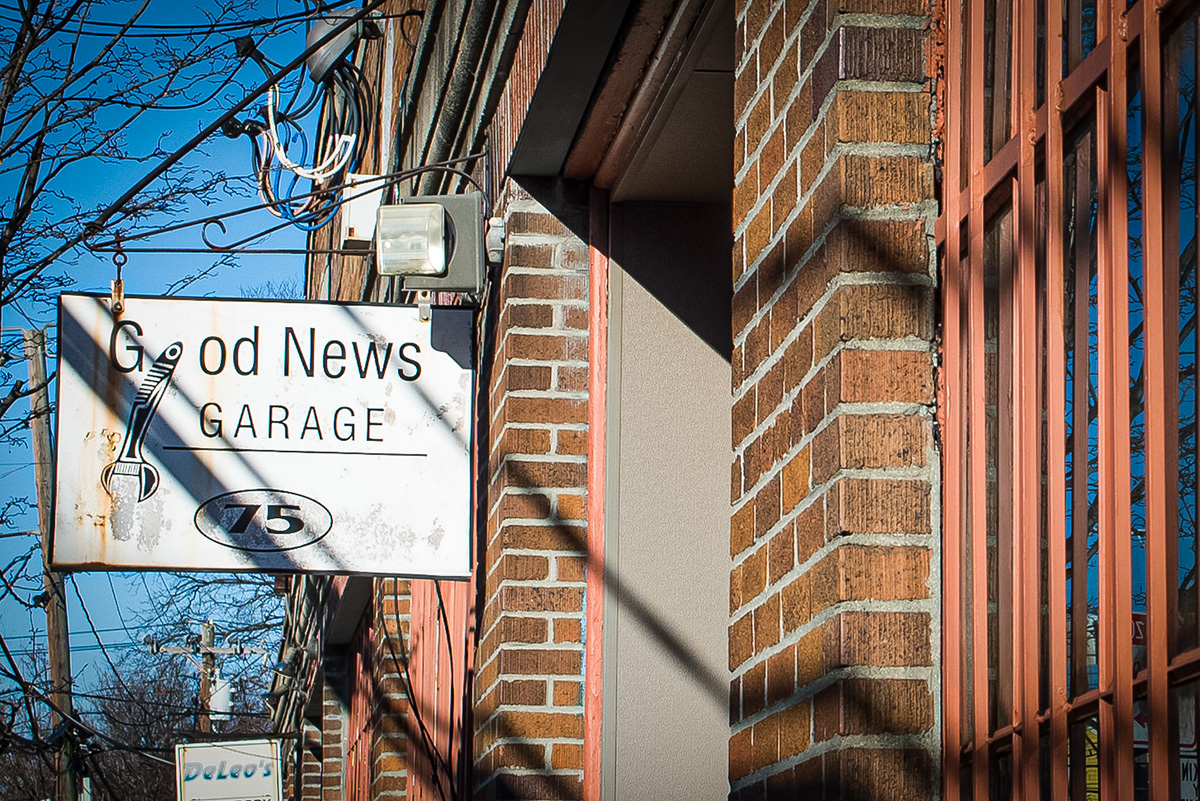“Drive it ‘til the wheels fall off” isn’t the safest decision. So when does it end?

Back in the early aughts, I lived in the Washington, D.C. area for about nine years. Since my parents live in Pennsylvania, this necessitated many three-and-a-half-hour drives (as little as three, if I was lucky) back home for holidays or just a regular visit. At the time, I did have an MP3 player, which was a major upgrade from swapping out CDs or tapes, but sometimes I even got tired of everything on my MP3 player.
This led to switching over to the radio, and “Car Talk” was frequently on while I was making the drive. I was already familiar with the show, but these drives gave me a lot more time to listen in. I still have fond memories of laughing along to the show in my car, while possibly learning a little something about car maintenance.

Tom and Ray Magliozzi. Photo: WBUR Boston’s NPR News Station’s Flickr, © 2012 WBUR, Creative Commons license, no changes made, https://www.flickr.com/photos/wbur/8094960907
Tom and Ray Magliozzi, aka “Click and Clack, the Tappet Brothers,” did have mechanical backgrounds, both studying engineering at M.I.T. and opening a do-it-yourself shop in Cambridge, Massachusetts, called Hacker’s Haven in 1973. Eventually, Hacker’s Haven became Good News Garage, a conventional auto repair shop. In 1977, they started their radio show on NPR affiliate WBUR in Boston, and the show was eventually picked up by NPR in 1986 for national distribution.

Tom and Ray Magliozzi’s Good New Garage in Cambridge, Massachusetts. Photo: Fletcher6, CC BY 4.0, via Wikimedia Commons.
They were known for offering “excellent mechanical advice,” but also for getting things wrong, particularly on mid-90s and later models with their increasingly electronic components. The brothers themselves acknowledged that they could miss the mark sometimes. For example, in their regular segment, “Stump the Chumps” (and later, in a similar segment, “Where Are They Now, Tommy?”), they spoke with listeners who had called in on a previous show to determine if the hosts’ advice was accurate, and sometimes it was not. Even so, they used these mistakes as opportunities for their audience to learn along with them.
Above all, “Car Talk” was entertainment. The humor could be corny, but it had an endearing, self-deprecating quality to it. Many of their catchphrases and running gags still ring in my ears, such as “Don’t drive like my brother!”/”And don’t drive like my brother!”, the fictional law firm of Dewey, Cheetham, & Howe, and “Well, it’s happened again—you’ve wasted another perfectly good hour listening to Car Talk.” As a radio host myself, currently on public radio and formerly on college and commercial radio, I appreciated the brothers’ ability to blend information and humor in the way that they did.
In my opinion, one of the best services they provided was the Mechanics Files section of their website, where listeners could post reviews of local mechanics and shops. In the days before Google, Facebook, or Yelp reviews, this was a valuable resource for customers looking for a reputable repair shop.
In October 2012, the brothers retired from broadcasting new episodes of the radio show, although NPR continued broadcasting “Best of Car Talk” episodes until 2017. Sadly, Tom Magliozzi passed away in 2014. Today, “Car Talk” lives on in “Best of Car Talk” podcasts distributed through NPR and the Car Talk website, which hosts archived audio of the radio shows. Here’s hoping “Car Talk” continues to live on in some capacity for years to come.
The articles and other content contained on this site may contain links to third party websites. By clicking them, you consent to Dorman’s Website Use Agreement.
Participation in this forum is subject to Dorman’s Website Terms & Conditions. Please read our Comment Policy before commenting.